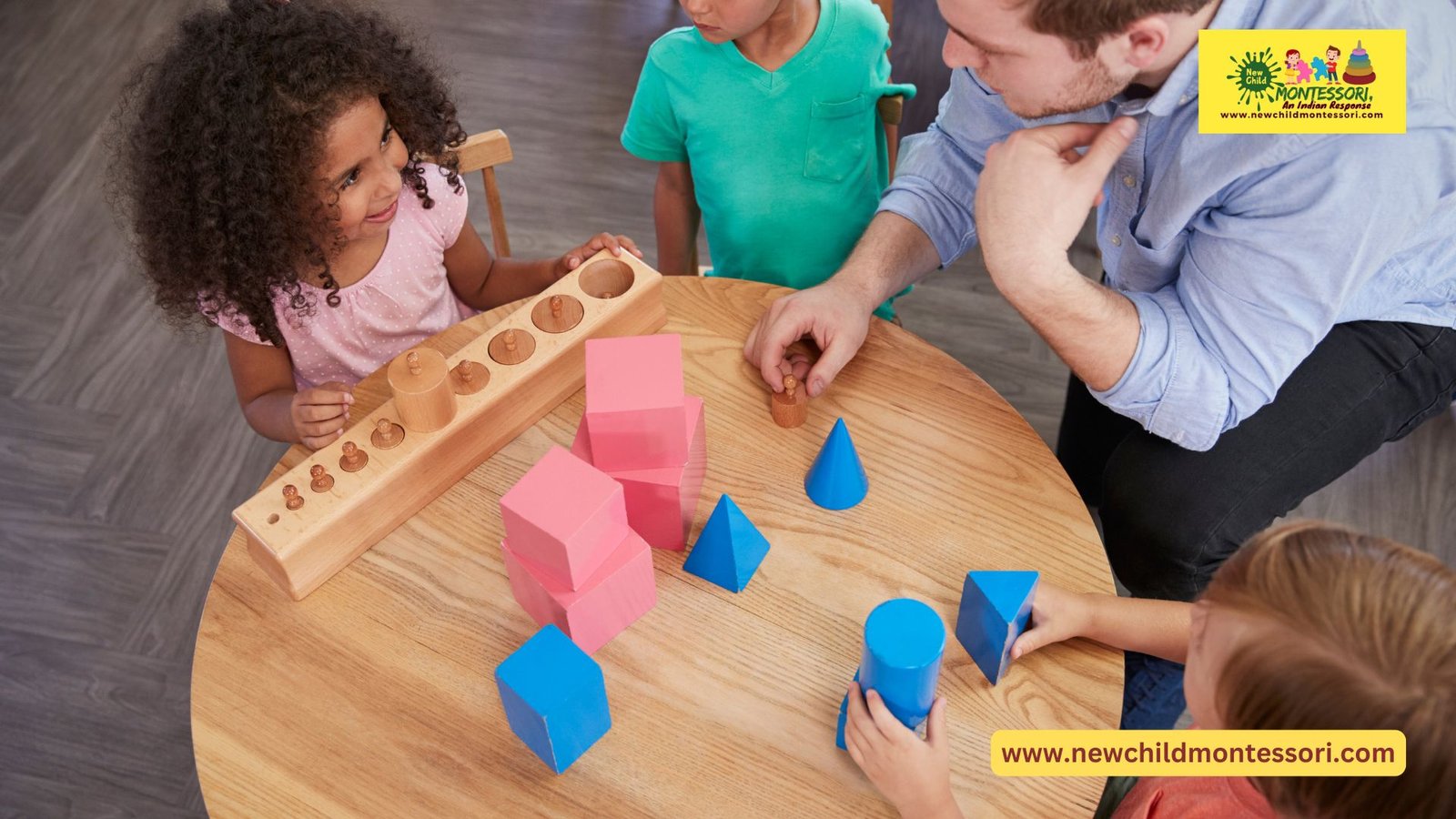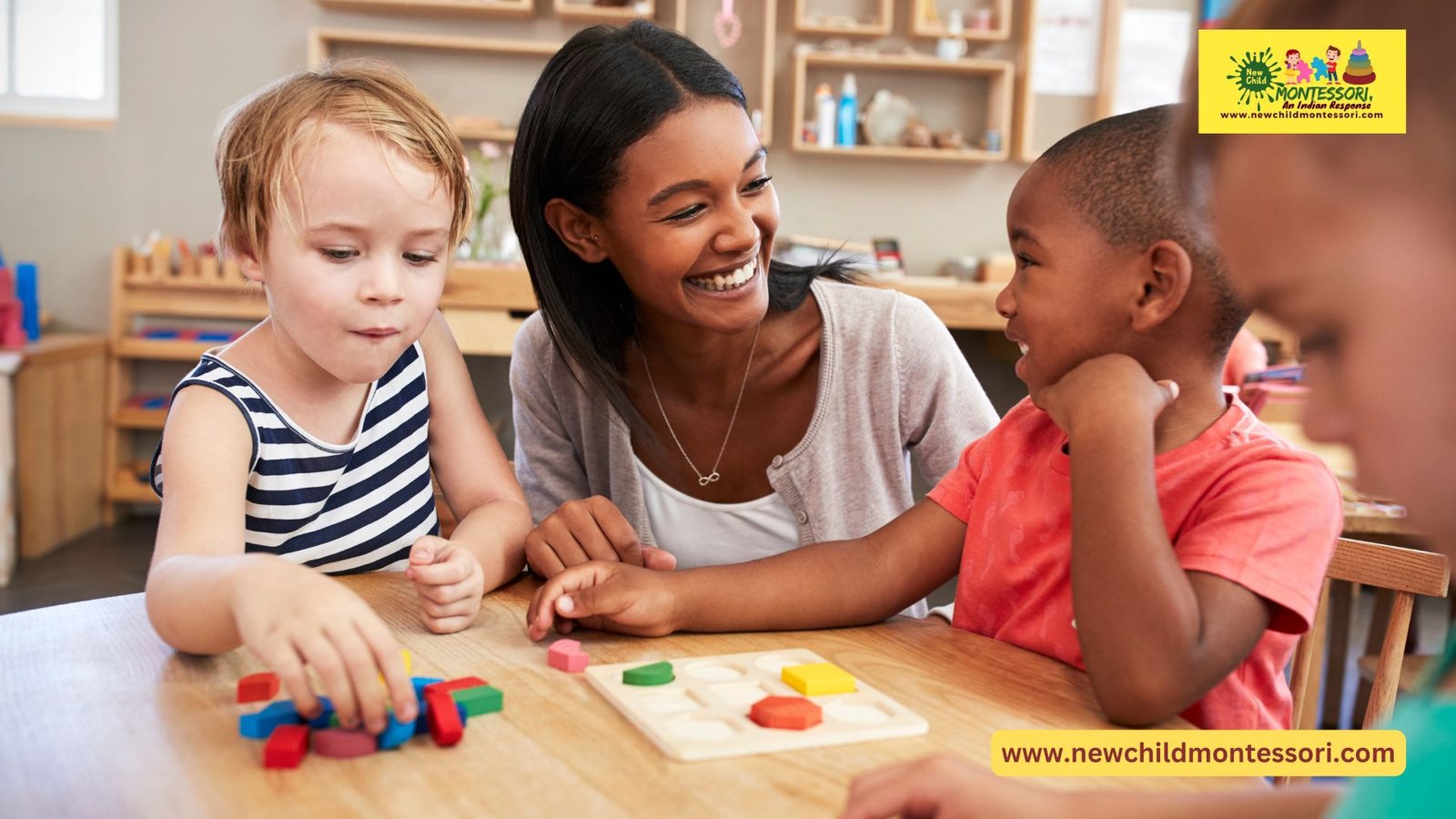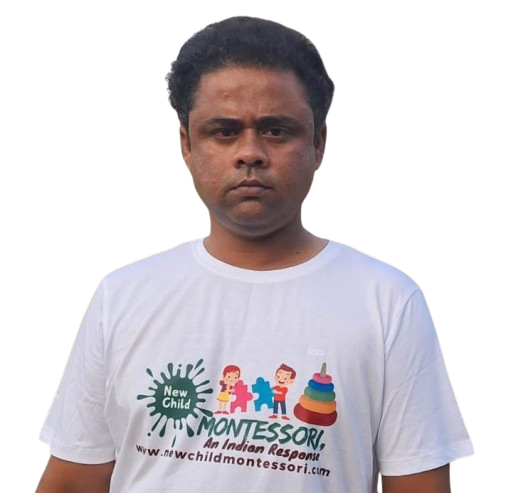Montessori education, a child-centered education system, has gained immense popularity and global recognition. But how effective is it compared to traditional schooling?
In their research paper, titled “Evaluating the Effects of Montessori Pedagogy on Child Development” (MDPI, 2023) E.G. and S.R. have explored the impact of Montessori pedagogy on children’s overall development, language acquisition, and parental involvement.

In this article, I have summarized the key findings of their studies and what they mean for parents and educators.
Key Findings from the Research
Montessori and Language Development: A Double-Edged Sword?
The study explores how language exposure in Montessori settings influences early childhood education. While traditional schools prefer pretend play, Montessori classrooms emphasize real-world experience.
Unlike some research that suggests that pretend play fosters creative and language skills, Montessori education prioritizes structured, reality-based learning.
Key Takeaway: Parents and educators must include story-telling and discussions in a Montessori-inspired environment.
The Role of Parents in Montessori Success
Parental involvement plays a vital role in a child’s overall development. It is one of the significant findings of the study. Montessori-inspired parents are generally found to be more engaging and academically supportive. This engagement contributes to their child’s success.
Key Takeaway:
When parents actively participate in their child’s learning journey, Montessori education becomes most effective.

Can Montessori Thrive in Public Schools?
The research pinpoints the challenges of integrating Montessori principles into public schools. There are several factors like large size classrooms, grading systems, and limited teacher training that may mar the Montessori experience.
However, in multi-age classrooms, low teacher-student ratios are still beneficial.
Key Takeaway: Montessori can work in Public schools if proper training, classroom adaptations, and alignment with Montessori philosophy are successfully implemented.
Is Montessori’s Success Due to the Method or the Parents?
The study raises the question -What is the reason behind the students’ success in a Montessori-inspired environment? Is it the method itself or because of the type of parents who choose Montessori?
Key Takeaway: Montessori education provides a solid foundation, but parental support is key to maximizing its benefits.
Final Thoughts: Does Montessori Work?
The research concludes that depending on factors like parental involvement, proper implementation of the Montessori Method and individual learning styles contribute to students’ performance as well as or better than their peers in traditional schools.

Sumanta De is an educator. He has been teaching students for more than 16 years following the principles of Dr.Maria Montessori. He has a 7-year-old son and a 5-year-old daughter.
He is nurturing his children abiding by the principles of Dr.Maria Montessori. His passion for Montessori methods goes beyond the classroom.
Hence, he shares his experiences and insights through a dedicated Montessori blog and a YouTube channel under the name “NewChild Montessori”. He aims to offer valuable guidance to both parents and educators.
Education: M.A. English, Masters in Child Psychology & Bachelor’s Degree in Montessori Teachers Training
You made some decent points there. I did a search on the subject matter and found most guys will consent with your website.